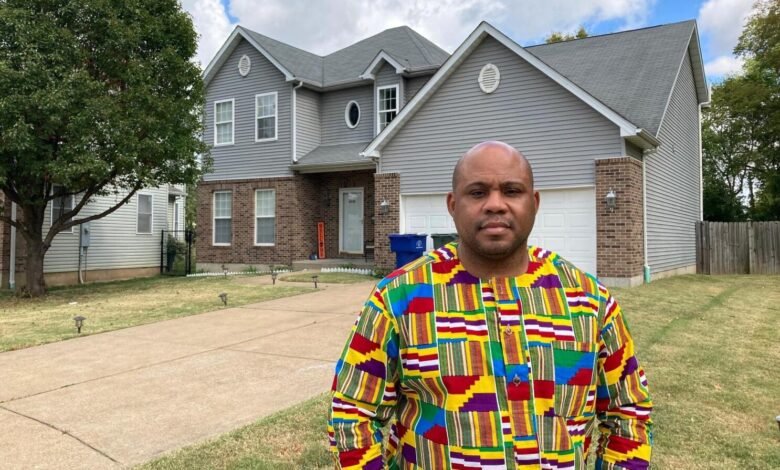Kaba Discrimination Case: Impacts Across College, Prosecutorial, and Real Estate Sectors

Introduction
The recent discrimination case involving Kaba has highlighted issues of bias and inequality that permeate various sectors, including higher education, legal professions, and the real estate market. This case, which has been closely followed due to its multifaceted nature, brings attention to systemic discrimination and the need for reform in institutional policies and practices.
Background of the Case
The Kaba discrimination case began when allegations surfaced involving discriminatory actions within a prominent college setting. Reports suggest that Kaba, a student at the institution, faced bias and unfair treatment based on personal characteristics. The issue escalated when the case drew the attention of a prosecutor, indicating the severity of the accusations and prompting legal action.
The case took on an even broader significance as it extended into the real estate sector. Allegations included discriminatory practices in property transactions, which suggested that the prejudice experienced by Kaba was not isolated to the educational environment but was part of a larger pattern affecting various aspects of life.
Key Issues Highlighted
- Discrimination in Higher Education
Within the college context, the Kaba case raises concerns about how discrimination can impact academic performance, mental well-being, and future career prospects. It has sparked debates on whether colleges are equipped to handle such issues effectively and what measures should be implemented to create a more inclusive and supportive environment. - Prosecutorial Involvement
The involvement of a prosecutor in the Kaba discrimination case underscores the legal seriousness of the matter. Prosecutors play a critical role in determining whether discriminatory actions violate state or federal laws, and their involvement often signals a strong likelihood of legal accountability for those responsible. - Discriminatory Practices in Real Estate
Discrimination in real estate transactions, as alleged in the Kaba case, is a significant issue that affects housing accessibility and community composition. The case suggests that discriminatory practices, such as unequal treatment in buying, selling, or renting properties, remain a barrier to equitable housing opportunities.
Legal and Social Implications
The outcome of the Kaba case could have widespread implications across multiple sectors. A verdict against those accused of discrimination may result in stricter enforcement of anti-discrimination laws in colleges, increased scrutiny of real estate transactions, and a stronger emphasis on prosecutorial oversight in such cases.
Furthermore, the case has sparked conversations about the need for more comprehensive policies that address discrimination at both institutional and societal levels. Educational institutions, legal bodies, and real estate firms may need to re-evaluate their practices to ensure compliance and promote diversity and inclusion.
Conclusion
The Kaba discrimination case serves as a crucial reminder of the pervasive nature of bias and prejudice in various professional and personal environments. As the legal proceedings unfold, the case’s impact will likely extend beyond the individuals involved, influencing future policies and setting a precedent for how discrimination cases are handled in colleges, the legal system, and the real estate sector.



